Winemakers are stepping into the beauty game. Do they measure up?
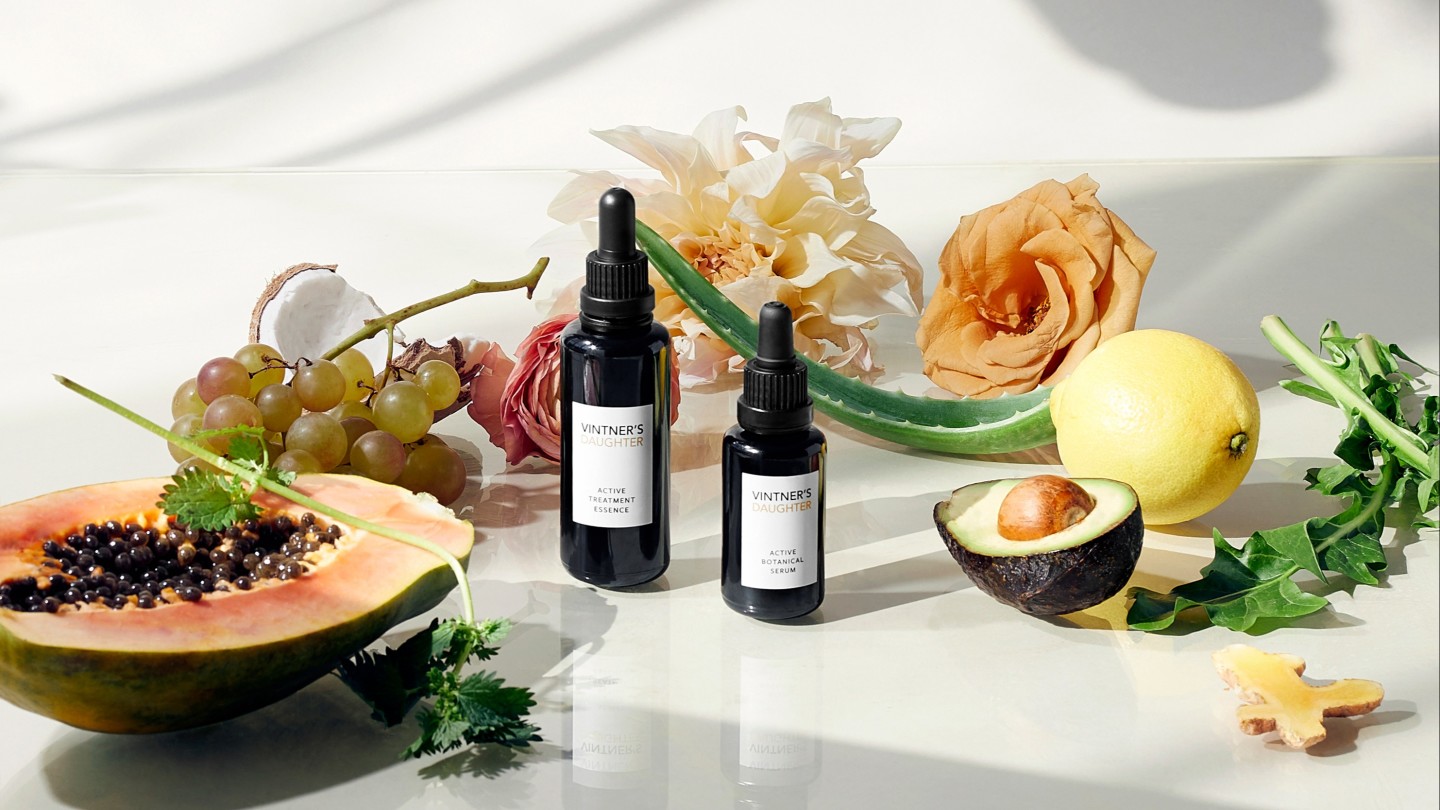
Roula Khalaf, Editor of the FT, selects her favourite stories in this weekly newsletter.
Like many people, I have spent rather more time than I’d like staring at my face in punishing close-up this year. Zoom wine tastings may be good at lifting the spirits, but they’re definitely not kind to the skin. So when someone recommended the products by a US skincare brand called Vintner’s Daughter – which not only contains grape extracts but is made by the offspring of a renowned Napa winemaking family – I leapt at the chance to try it.
Vintner’s Daughter, one of a new crop of products that have been informed or inspired by the vine, is the brainchild of April Gargiulo – the 46-year-old daughter of Jeff and Valerie Gargiulo, owners of Napa’s Gargiulo Vineyards. All-natural, cruelty-free and unapologetically luxurious, the range was her answer to years spent searching fruitlessly for the answer to her skin-pigmentation problems and acne.
“I think I tried everything out there!” she says down the line from San Francisco. “But it wasn’t until I had my first child that I really started to look at the ingredients in those products I was using. In most cases they contained 0.01 per cent active ingredients, and the rest was just low-quality filler – often fillers that were synthetic. That didn’t sit well.”
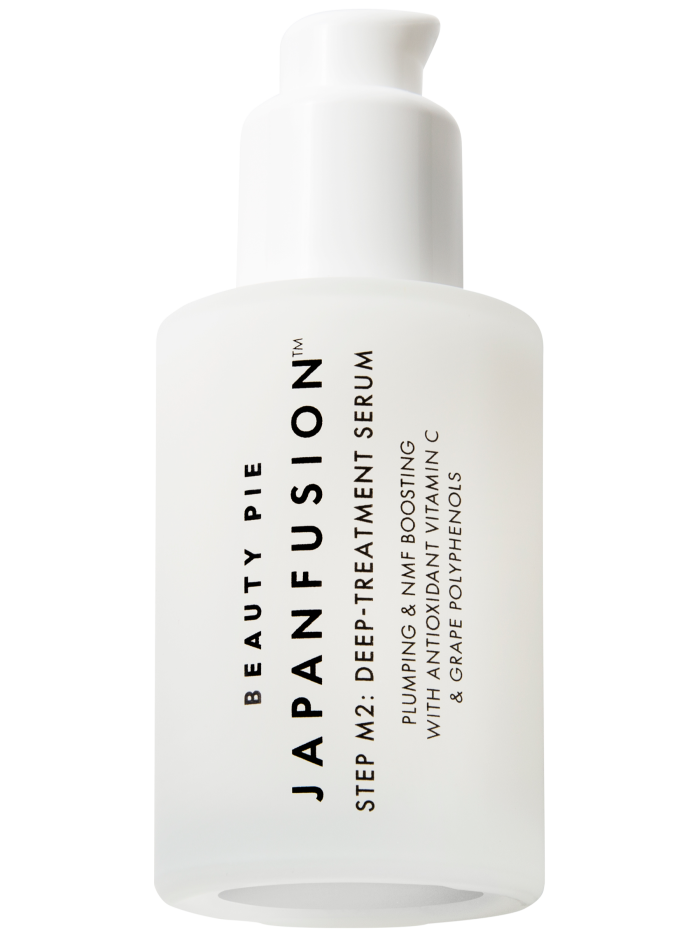
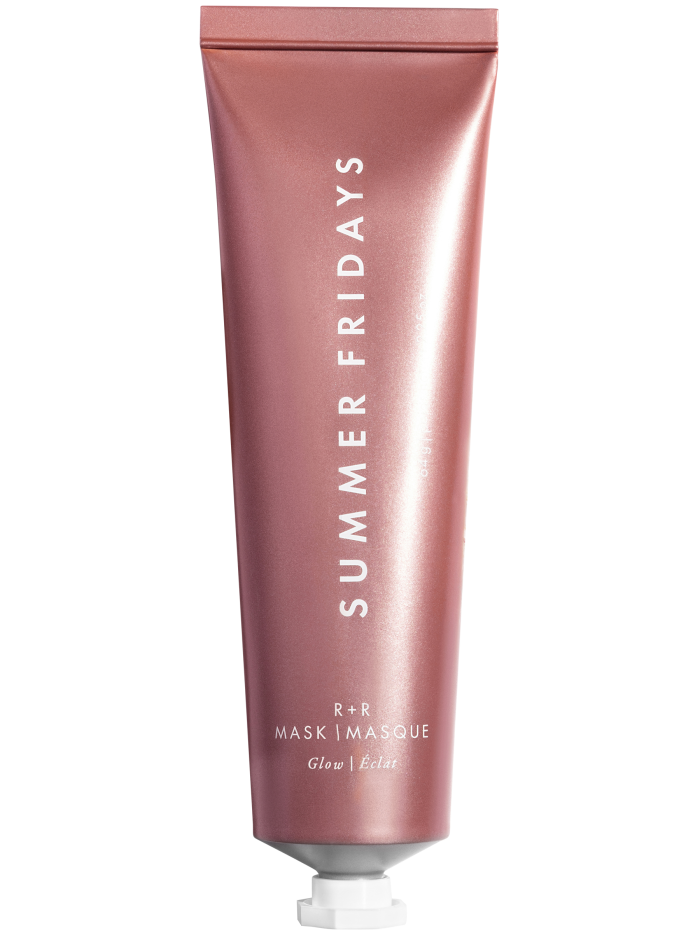
Gargiulo resolved to create a “clean, green” skincare range of her own. “I thought: how do I create skincare that uses the fine winemaking principles of craftsmanship and quality? Well, you never compromise on your ingredients, you never take shortcuts. And you harvest from plants in the best terroir possible.” She launched in 2014 with Vintner’s Daughter Active Botanical Serum – a grape seed-based “multi-correctional” face oil infused with 22 botanicals, including pore-shrinking hazelnut from Piedmont, bergamot from Calabria to even out skin tone, and skin-tightening cypress from Spain. Celebs queued up with praise (Gwyneth Paltrow: “I love it!”; Karen Elson: “I’m obsessed!”) and the discreet little dropper soon became a favourite on stylish dressing tables.
It wasn’t until the launch of Vintner’s Daughter Active Treatment Essence last year, though, that the brand went really stellar. Billed as a complement to the oil-based serum, the water-based botanical essence promises “optimal nutrition, micro-exfoliation, brightening, firming and multilevel hydration”. It features more than 30 botanicals, including dandelion (brightening), coconut water (hydrating), marine algae (fortifying) and kakadu plums (renewing). I’m not sure how many people understand the finer details of the patented “phyto-ferment process” – a two-week fermentation to imbue the essence with live probiotics that Gargiulo claims promote a healthy “biosphere” for the skin (and that also give the essence a smell a bit like kombucha). But that didn’t stop the essence becoming a bestseller on Net-a-Porter and winning a slew of awards.
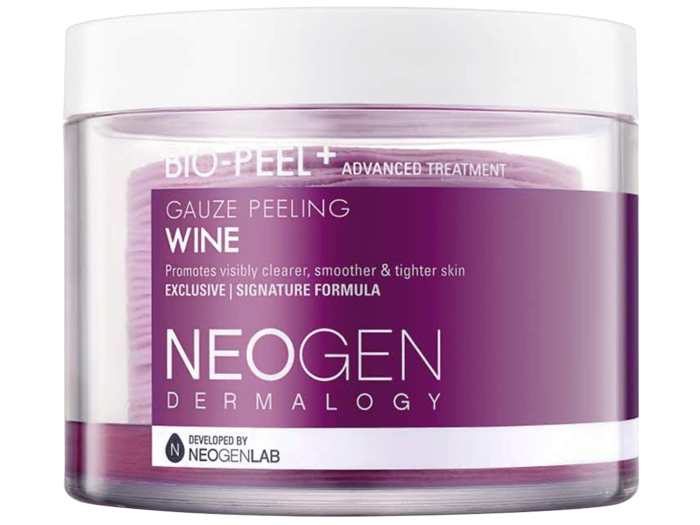
I’m a drinks writer, not a beauty editor: I’ve been using the same Olay moisturiser for the past 10 years, and I was sceptical. But after two weeks using the duo, I have found the result impressive. I’m not sure the improvement has been cumulative, exactly – nothing will ever get that 2020 dent out of my brow – but for several hours after every application my skin definitely looks revitalised. Brighter, tighter, with the kind of glow that comes from being bathed in California sun, rather than the light of a Mac. A couple of men in my life even remarked on how well I looked.
Alongside Vintner’s Daughter, there are other brands at the top end of the beauty market taking a decidedly vinous turn. Beauty Pie’s cute-looking (but, for my skin anyway, rather bracing) new range, Japanfusion, is made with extracts of the sun-resistant Delaware grape, offering polyphenols for “soothing, antioxidant and UV-related skin- damage repair”. Cult Korean beauty brand Neogen Dermalogy promises a complete skin reset with its Bio-Peel Gentle Gauze Peeling Wine pads, which are infused with wine extracts. Grape-seed oil is a key component of many home masks and serums, including Summer Fridays’ R+R Mask, Sunday Riley’s Luna Sleeping Night Oil and the divine Kypris Beauty Elixir 1, which also contains Bulgarian rose oil. And in these gloomy times, who could pass up the chance to try Mimi Luzon’s Sparkling Champagne Super Mask, a glittery “oxygenating” face mask made with grape-cell extracts?
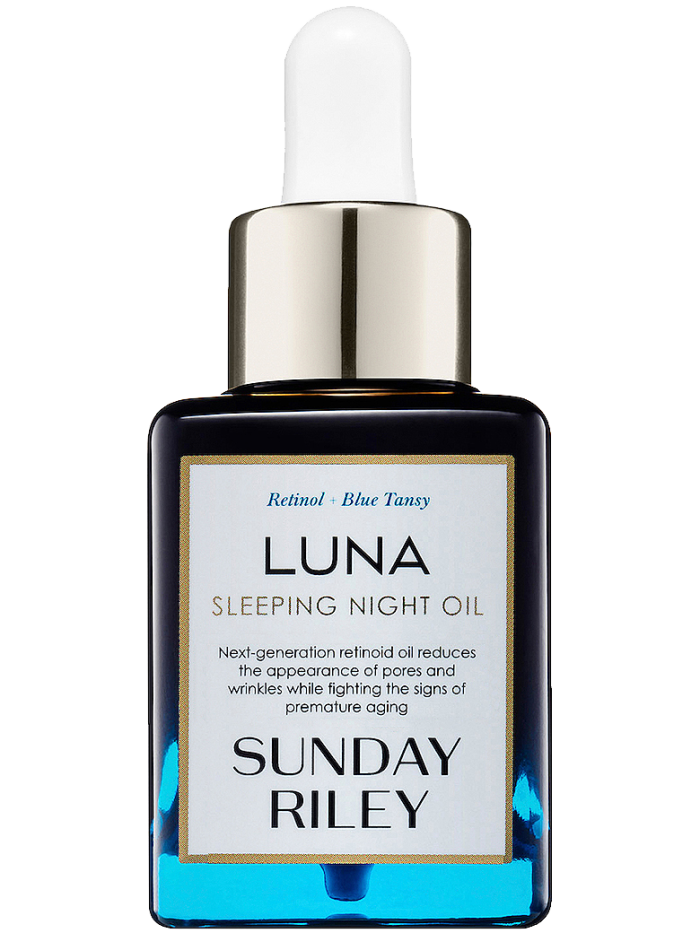
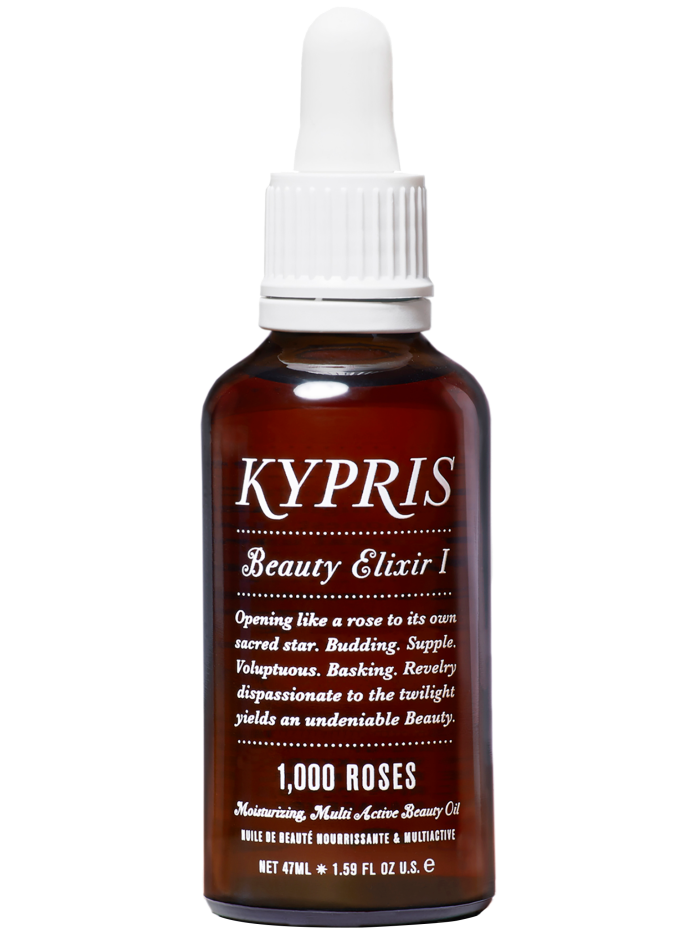
And yet the concept is not new. Vinous ingredients have informed beauty regimes for centuries: grape-seed oil was prized as a moisturiser in medieval times; Mary Queen of Scots reputedly bathed in white wine to improve her complexion; and the 17th-century beauty Queen Isabella of Hungary was famous for her grape-based elixir of youth. The pioneer of contemporary grape-based skincare was the French brand Caudalie. Born of a chance meeting between Mathilde Thomas, daughter of the owners of Bordeaux’s Château Smith Haut Lafitte, and Joseph Vercauteren, laboratory director of the Pharmacy University of Bordeaux, the company was the first to give scientific credence to the idea that grape extracts could benefit the skin. “Do you know that you are throwing away treasure?” Vercauteren reportedly said when confronted with the sight of the discarded marc – the seeds and skins that are left over after winemaking. “He told us that grape seeds contain the most powerful antioxidants in the world,” says Thomas.
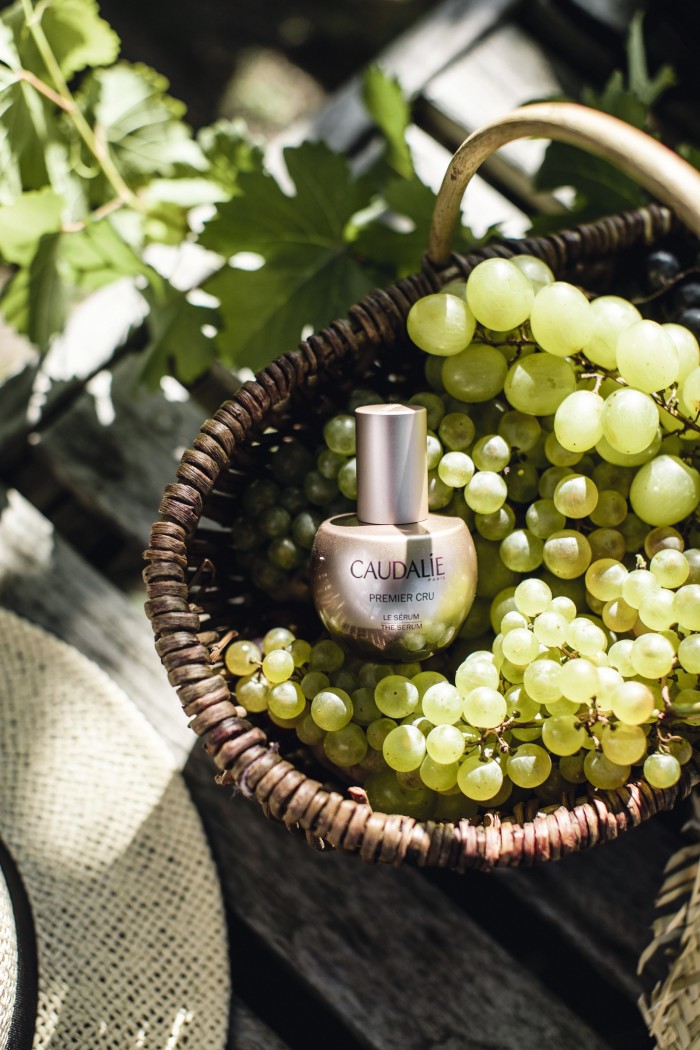
The company launched in 1995 with three products touting the benefits of grape polyphenols – the grape-seed extracts alleged to have antioxidant and anti-wrinkle properties. This was followed by the Caudalie range Premier Cru, the first on the market to champion the effects of the polyphenol resveratrol. Today, Caudalie produces more than 20 products containing everything from grape-skin extracts and grape water to seeds and vine sap. Of the products I tried, the one I like best was the reviving Firming Eye Gel Cream that boasts both grape-derived resveratrol and hyaluronic acid. But Caudalie is best known for its Vinoperfect Radiance Serum, a milky serum spiked with Viniferine – a patented extract of vine sap that’s long been held to brighten skin, even skin tone and correct dark spots (dark spots are one of the few ills I have not succumbed to yet, so I can’t testify on this one).
It’s possible to find products that exploit grapes in all kinds of different ways – some, like Vintner’s Daughter, use grape-seed oil as a moisturising agent. Others make bolder claims about what extracts of the skin, flesh and seeds can do. So where is the hard science? I asked Harley Street dermatologist Dr Sam Bunting to clear things up. “Grapes are of interest in skincare because they have antioxidant properties,” she says. “Of particular interest is resveratrol, which is found in fermented red grapes and is a member of the stilbene family. It’s produced by plants to protect them from infections, UV radiation and climate change.
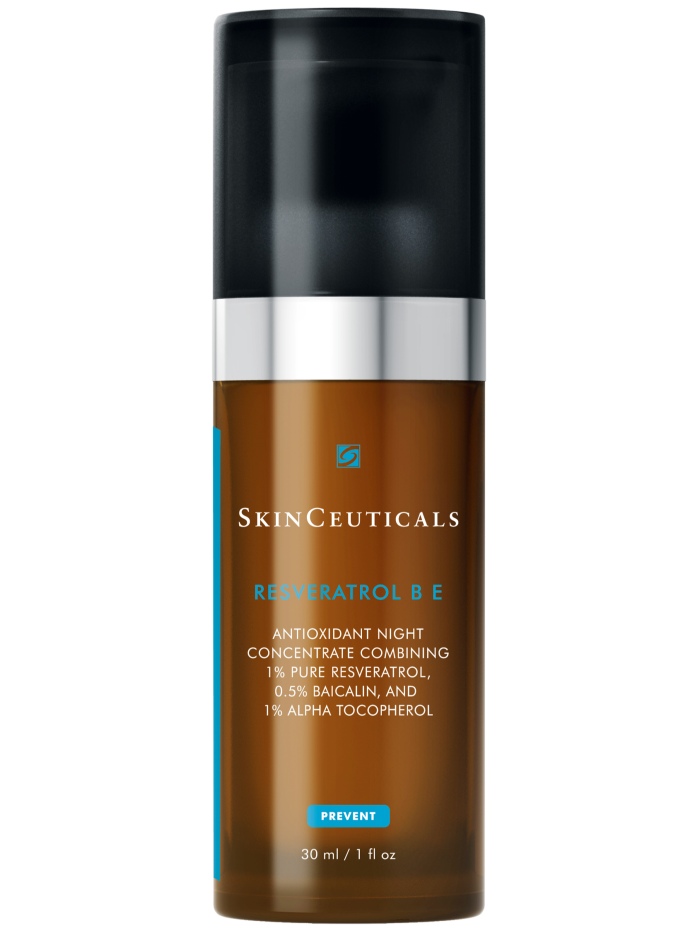
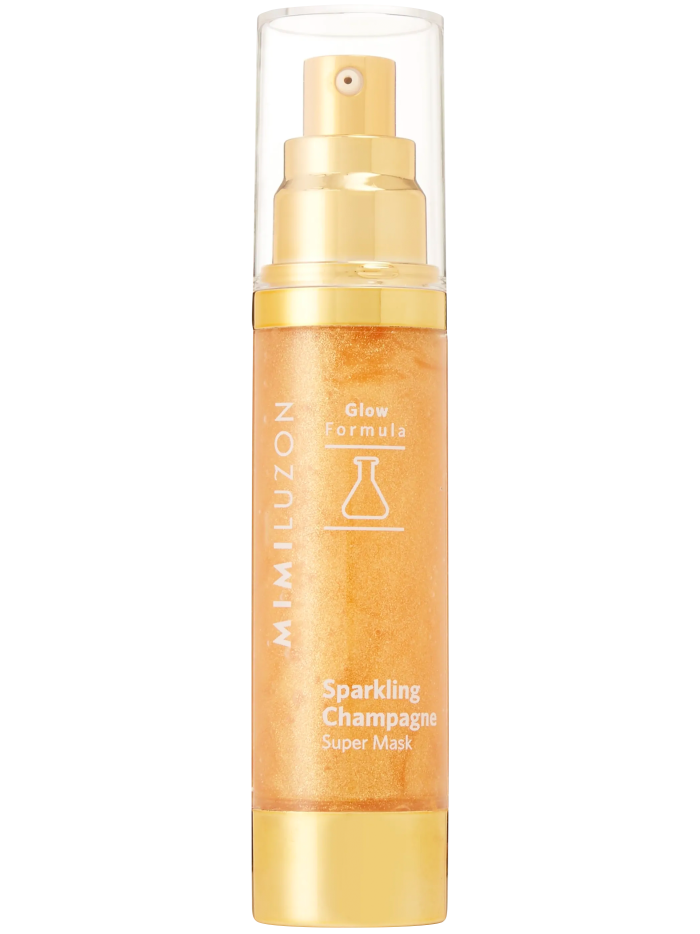
“Oral resveratrol was shown to extend the lives of laboratory mice due to its effect on a group of genes called sirtuins, which when activated seem to slow down the cellular-ageing process. It hasn’t been possible to replicate this in humans – yet. But resveratrol has shown real promise when it’s used topically in skincare products as an antioxidant, protecting skin cells’ DNA from damage caused by free radicals.”
If you’re serious about getting your hit of resveratrol, Bunting adds, the product to go for is Skinceuticals Resveratrol B E Serum – a product made with resveratrol derived not from grapes but Japanese knotweed. I gave it a spin and, while the gel-like serum feels nice going on, I can’t report much difference either way so far; it also leaves a less-than-perfect orange stain on your pillowcase.
To delve deeper, perhaps go the route of the Scottish Queen and indulge in a decadent spot of vinotherapy. Caudalie is used in more than 40 spas around the world that offer a menu of bacchic treatments: Merlot wraps, grape scrubs, soaks in grape marc and red wine, and resveratrol facials, as well as a slightly menacing-sounding treatment described as “vine drainage” (actually just a massage designed to help the body de-puff).
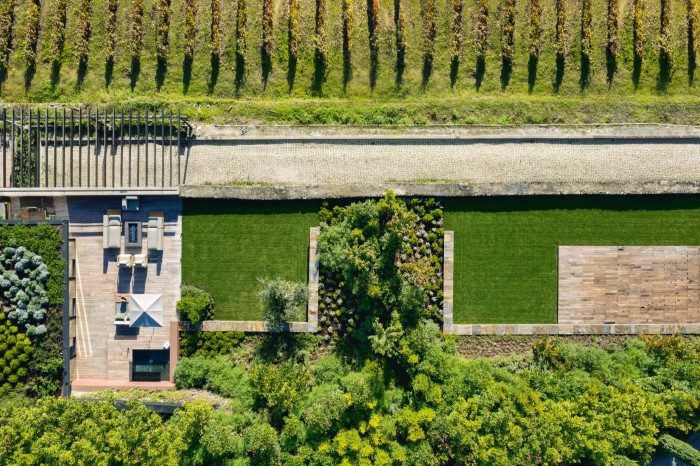
Even if you don’t buy the science – travel permitting – you can be sure of a beautiful setting. The original Caudalie spa in Bordeaux occupies a picturesque spot at the heart of the Château Smith Haut Lafitte estate, while its newest venture Les Sources des Cheverny Hotel & Spa, which opened in September, sits among vines in the Loire.
Portugal, too, offers gorgeous vineyard views and vinotherapy at the Six Senses Hotel & Spa in the dramatic heartland of port, the Douro Valley. Here you can enjoy treatments including grape exfoliations and body wraps steeped in the local juice. Still in need of rejuvenation? The hotel also has a very good wine list – sure to put even the harshest lines into very flattering soft focus.
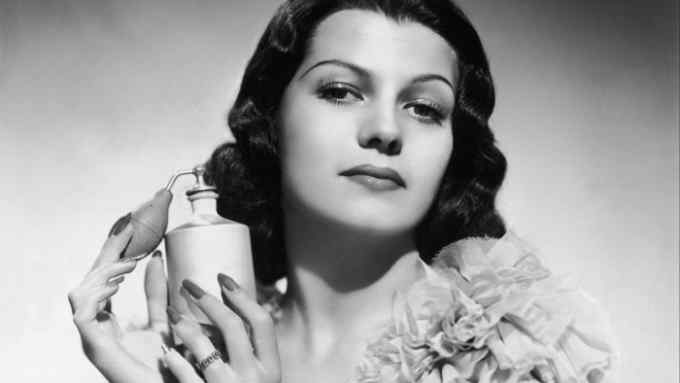
Comments